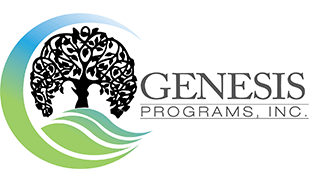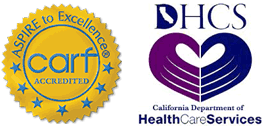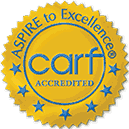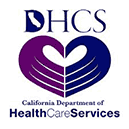What Makes Addiction Treatment Different?
William White, in his new book, The History of Addiction Counseling in the United States, says the following:
“There are four defining premises of addiction counseling that historically separate the addiction counselor from other helping roles. These premises are that: 1) severe and persistent alcohol and other drug problems constitute a primary disorder rather than a superficial symptom of underlying problems, 2) the multiple life problems experienced by AOD-impacted individuals can be resolved only within the framework of recovery initiation and maintenance, 3) many individuals with high problem complexity (biological vulnerability, high severity, co-morbidity) and low “recovery capital” (internal assets, family and social support) are unable to achieve stable recovery without professional assistance, and 4) professional assistance is best provided by individuals with special knowledge and expertise in facilitating the physical, psychological, socio-cultural and often spiritual journey from addiction to recovery.”
Treating those suffering from addiction, including the affected family members and loved ones, poses unique challenges and requires special skills and knowledge.
First, people with other illnesses generally seek medical care when to treat their condition. This is not true of those with Substance Use Disorders due to the stigma, hopelessness, denial, and impaired judgment associated with alcohol and other drug problems. Therefore, treatment must seek above all to reduce stigma and offer hope.
Second, persons with Substance Use Disorders often have concurrent public health, mental health, and social issues (legal problems, employment problems, marital problems, etc.) the resolution of which are critical for recovery. Counselors providing treatment therefore need to have skills and resource knowledge in the integration and coordination of other services.
Third, long term recovery from Substance Use Disorders uniquely depends in most cases upon ongoing, patient-initiated activities and involvement with non-medical, non-professional community resources (e.g. 12-Step groups). Professionals therefore need to view their role primarily as one of facilitating the client’s engagement with these resources.
Lastly, what the addiction counselor brings, according to Cardwell Nuckols, Ph.D., is “respect for the spiritual aspects of healing…. We’ve got the psychotherapy and the pharmacotherapy, but we have this spiritual tradition that respects the power of spiritual change – acceptance, surrender, forgiveness, serenity and other experience of a spiritual nature.”
Call Now for a Free Assessment: (805) 650-3094
Call now for your free assessment!
(805) 650-3094
Genesis Programs, Inc. is CARF accredited and licensed through the Department of Healthcare Services (DHCS) as outpatient providers for substance Use Disorder rehabilitation treatment services.



